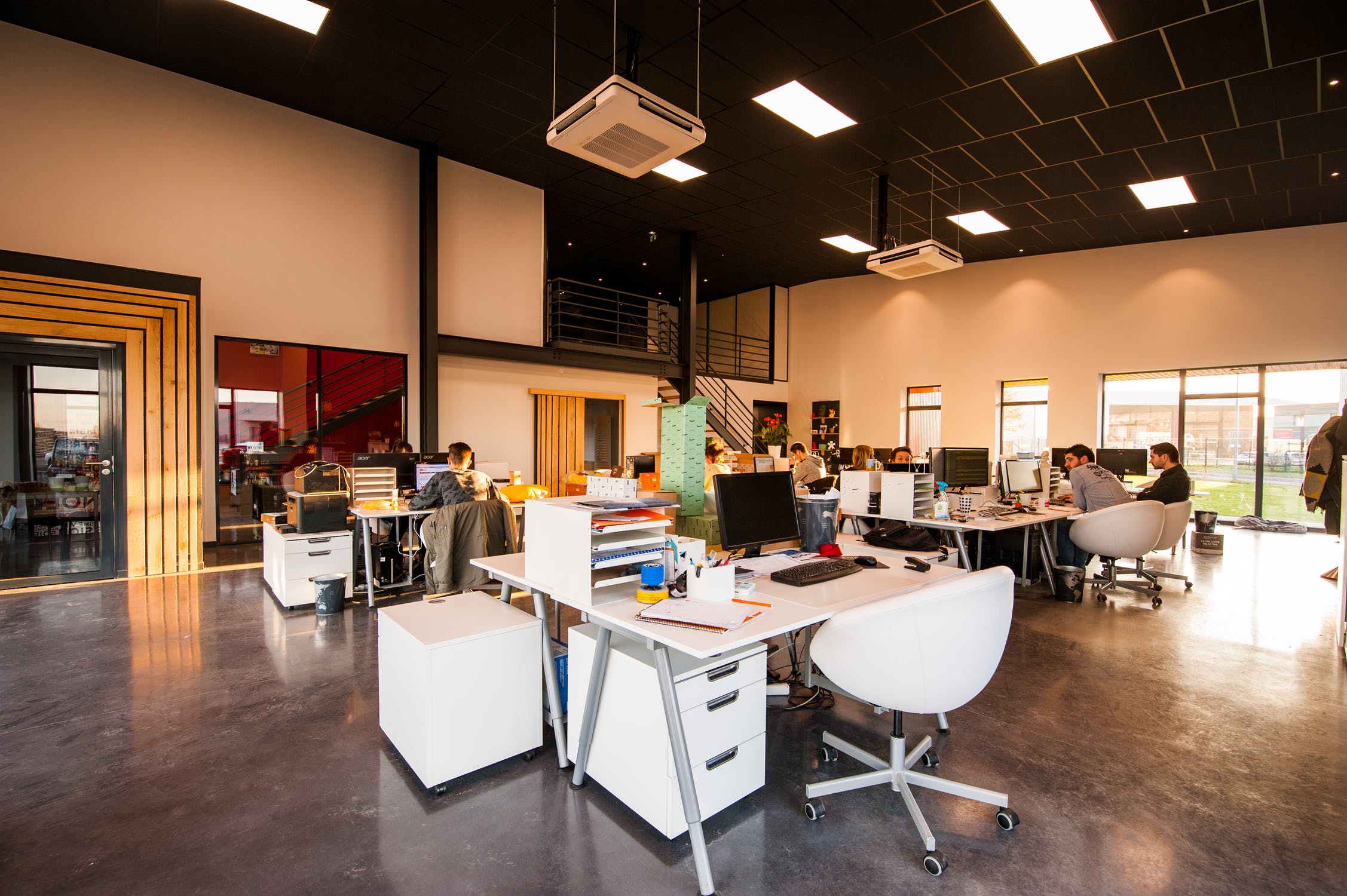A year ago, not much about the way we worked had really changed in decades. Most companies still organised work around major hubs in large cities and their workforce was comprised of local talent that commuted to the office every day, regardless of the type of work they needed to complete. Then the global pandemic hit, and everything changed. Flexible work models replaced traditional ones as people were forced to work from home, and work became an activity, not a place. And the change has just begun.
In the year ahead, flexible work models will become the new norm, driving levels of employee engagement, productivity and economic impact the likes of which the world hasn’t seen since the first industrial revolution. And four key trends will fuel them:
Haters will no longer hate
The universal work from home experiment set forth by the pandemic has changed long-held misconceptions about remote work. Once dubious that ‘real work’ could get done outside the office, executives and managers are now realizing the positive impact it can have on employee productivity, work-life balance, mental health, costs, and the environment.
According to a study* 70 percent of 10,000 employees across six countries feel they are as or more productive working remotely. And 83 percent feel they have a better work-life balance when working outside the office.
Savvy companies are taking note of this and in the year ahead will embrace technology-enabled remote work models that allow them to tap into new skills and talent pools that are beyond commuting distance to traditional work hubs (offices, call centres, etc.) and reap the benefits they provide.
Employees will shun the office
Historically, the office was the place where collaboration and innovation happened. Outside meeting spaces, colleagues held casual conversations in hallways, cafeterias and gyms. But protocols designed to slow the spread of the coronavirus have changed this. Employees must be screened before they enter an office and wear personal protective equipment and socially distance once inside. Safety guidelines will limit office capacity for the foreseeable future, causing even knowledge workers to transition to shift work.
Many employees simply don’t want to deal with the hassle and anxiety associated with all of this. In fact, 63 percent of those surveyed in a separate Citrix-OnePoll survey consider working from home, if equipped with the proper technology, on par with working in an office.
Recognising this, companies will reimagine the role of the office and shift from designing places to purpose-built spaces where regardless of where they work, employees can efficiently and effectively collaborate with colleagues, partners and customers to drive innovation and value.
Urbanites will take flight
It used to be that if you wanted a big-league job, you had to move to a major city to find and keep it. But as work has gone virtual, location has become less critical to career success and opportunities than ever before. In fact. three in four respondents to another poll of 1,000 UK knowledge workers indicated they would – or already have – accepted a pay-cut in exchange for full time remote working.
Companies will go where the talent lives
The battle for talent hasn’t ceased in light of the pandemic. In many ways, it has only intensified as companies evolve their businesses to accommodate changing market dynamics and customer needs. While it may be scarce, there is talent out there. According to the results of a study conducted by the Centre of Economics and Business Research (Cebr), if given the chance, 95 percent of 2,500 knowledge workers polled who are currently employed say they would work from home 2.4 days per week, on average. And between 60 percent and 70 percent said they’d do so from local coffee shops, shared workspaces and other remote locations at least one day per week.
Leveraging flexible work models and digital workspace technology, companies will reach out and engage a forgotten part of the workforce that has in-demand skills but has opted out because traditional models centred around work hubs didn’t fit their lifestyle or obligations and create the space they need to work and succeed, wherever they happen to be.
While it’s never clear what the future holds, it is certain that companies will continue to face challenges that disrupt work in the year ahead. Those that embrace flexible models and digital technologies can create a better way to work that empowers employees to be and do their best and power their business forward.
*Conducted by Citrix and OnePoll,









